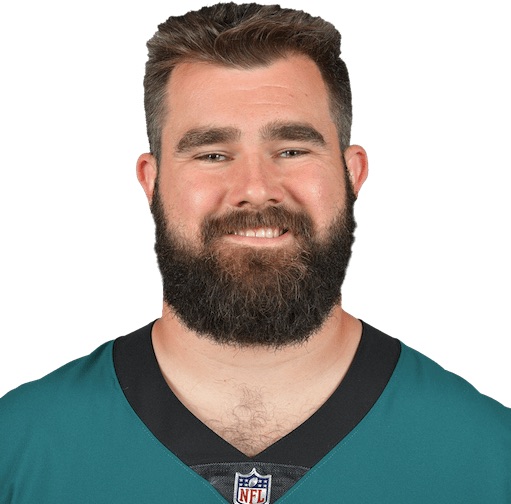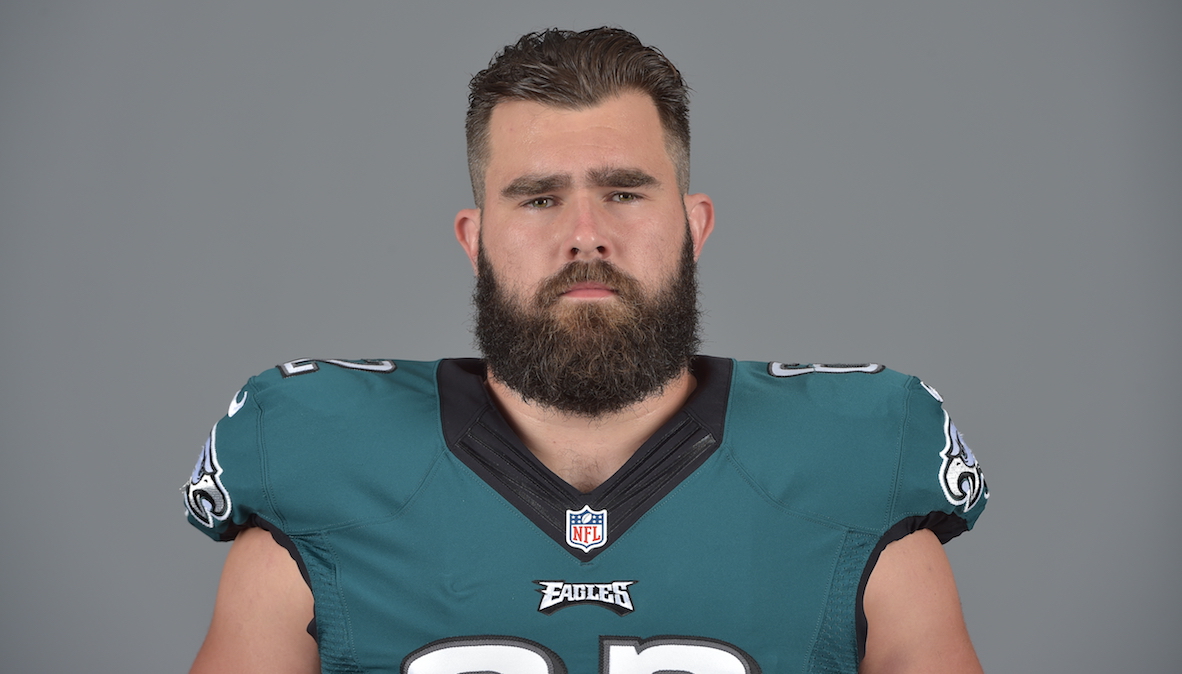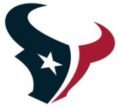I loved college. Going to the University of Cincinnati gave me opportunities to meet people from all walks of life, push my academic limits, and play football with a team that felt like family. I know college isn’t the right fit for everyone; there are many paths to success. But for me, college opened doors to experiences I never would’ve had, and I’m grateful to every single mentor and family member who made college possible for me.

Prefer audio? Listen to this story in CitizenCast below:

Among Philadelphia public high school students, the opportunity to go to college can be life-changing: Every study shows that college graduates are more likely to be homeowners, more likely to earn more and will have better life outcomes overall. That’s why the local nonprofit Philadelphia Futures is committed to helping local public school students achieve their college dreams. They work with low-income, first-generation-to-college students, helping them with college prep starting in ninth grade, and supporting them through college completion.
They’re not just a feel-good operation: Their work is data- and research-backed, and their outcomes are staggering. Consider this: Nationally, the college graduation rate is about 53 to 57 percent (depending on what study you’re looking at) and for first-generation-to-college students, it’s 12 percent. But Philadelphia Futures is changing that narrative: 100 percent of their students graduate from high school, 100 percent matriculate to college, and their college graduation rate exceeds all national and local averages, at 70 percent. That’s huge!
This year, Philadelphia Futures is partnering with PACE (Philanthropy And Community Engagement), an L.A.-based organization that was founded by producer/director and Philly native Mike Tollin to support nonprofits in the youth and family realm.
The PACE Scholars program is rooted in the same philosophy as Philadelphia Futures’ tried-and-true program, with two twists: For one, it will be a partnership exclusively with Northeast High School; for another, it will emphasize getting students into elite colleges.
“I feel deeply that education is an equity issue, it’s a social justice issue—so this feels like a natural place for my energies to really have an outlet,” says Sara Woods.
“Students are often tracked to schools that are below their capabilities and certainly below their aspirations, and we want to raise the bar on both,” explains Philadelphia Futures’ executive director Sara Woods. Woods is a Villanova-educated lawyer by training whose devotion to education comes from having taught on-campus at ‘Nova herself, and having been raised by a teacher mom. “I feel deeply that education is an equity issue, it’s a social justice issue—so this feels like a natural place for my energies to really have an outlet,” she says.
The first cohort of 20 PACE Scholars, all juniors at Northeast High, the largest neighborhood high school in the city, was just selected; they’ll meet weekly to walk through the college application process, dream about college, visit college campuses, and do lots and lots of SAT prep. (Fun fact: Part of the funding to launch PACE Scholars will come from my former teammate-turned-magician-and-author Jon Dorenbos, who’s donating the proceeds from an upcoming performance to PACE.)
Philadelphia Futures is always looking for volunteers, mentors and financial support — sponsorships can help pay for things like transportation and books while students are on campus, which is usually not included in financial aid packages, and can make the difference in keeping a student in school. And Woods insists that we can all support Philly students’ dreams of going to college. “On a macro level, I would say just get involved,” she says. “The education landscape in Philadelphia and in our nation is changing, and we need folks to pay attention and where they see inequities, they need to raise their voices.”
With the skyrocketing costs of tuition, room and board, and plain old cost of living, programs like these are simply awesome, and that graduation rate is incredible. I love hearing about programs and systems that give kids without means the educational opportunities they deserve.
Next week, we’ll play our final regular-season game in New York, and I’ll tell you about a coach who’s changing his players’ lives on and off the field.
PS: If you’ve been paying close attention to our charts, you’ll notice that the numbers for Philly are once again different this time; that’s because, this week, we’re focusing solely on traditional public schools and not charter schools. In Dallas, charters are operated independently, and not as part of the district.

PhiladelphiaEagles |

DallasCowboys |
|
# of students in traditional public schools
128,102 |
# of students in traditional public schools
155,119 |
|
% graduated high school
69 |
% graduated high school
88 |
|
% population with a BA
26 |
% population with a BA
32 |
|
$ per pupil
15,000 |
$ per pupil
8,000 |
|
% students economically disadvantaged
73 |
% students economically disadvantaged
87 |
|
% students of color of
86 |
% students of color of
95 |
|
% teachers of color
33 |
% teachers of color
70 |
|
# students in charter schools
72,337 |
# students in charter schools
34,000 |
|
% special education students
15 |
% special education students
8 |
|
% english language learners
12 |
% english language learners
44 |
Philly Sources: All from School District of Philadelphia except % with a BA from here, and $ per pupil here.
Dallas Sources: All stats provided by Dallas Independent School District except $ per pupil here. Also, % students of color, teachers of color, economically disadvantaged students, special education students and ELL, are from 2017-2018 (the most recent data they could provide us with), while Philly’s reflect the current school year.






















